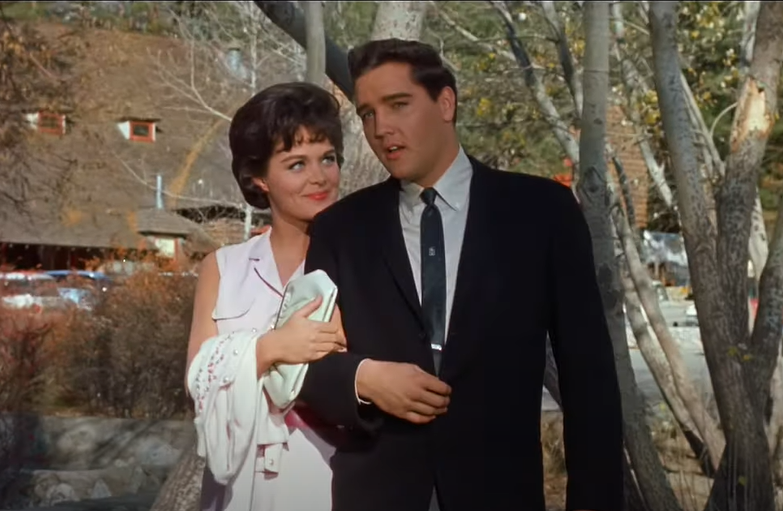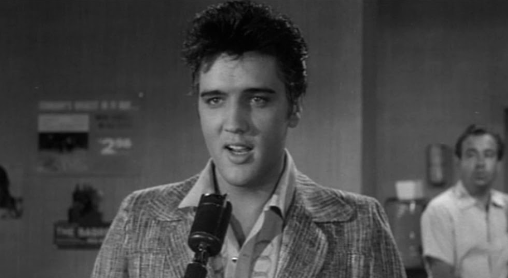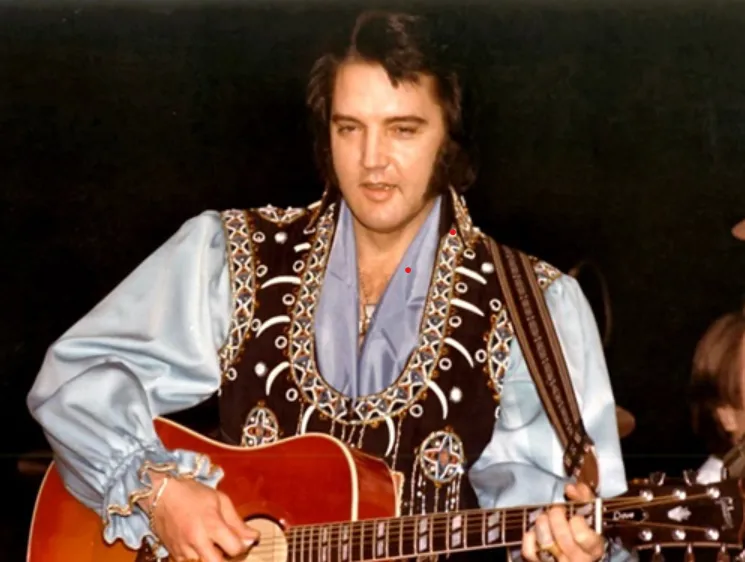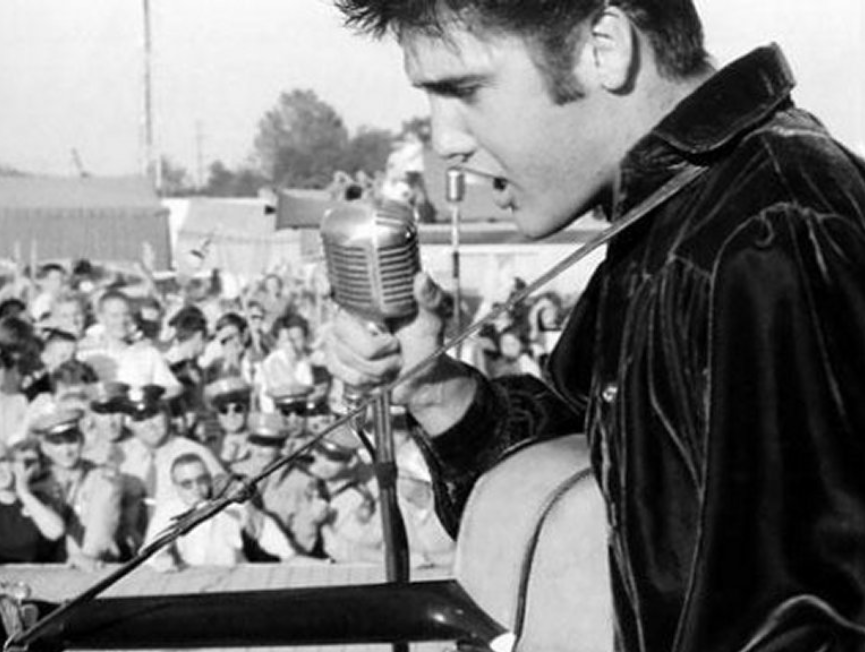The Unrivaled Swagger of "Big Boss Man" by Elvis Presley: A Deep Dive into a Timeless Classic
(watch the video below)
"Big Boss Man" stands as a testament to the iconic talent of Elvis Presley. Released in 1967 as part of his album "Clambake," this bluesy rock tune has left an indelible mark on music history. With its infectious rhythm, powerful vocals, and compelling lyrics, "Big Boss Man" continues to captivate audiences decades after its initial release. In this comprehensive exploration, we delve into the multifaceted aspects of this song, analyzing its musical composition, lyrical depth, cultural significance, and enduring legacy.

"Big Boss Man" was originally written by Luther Dixon and Al Smith in the early 1960s. It was first recorded by blues musician Jimmy Reed in 1960, where it achieved moderate success on the charts. The song's narrative revolves around the struggles of a blue-collar worker under the oppressive thumb of his authoritarian boss. Reed's rendition of "Big Boss Man" captured the essence of working-class blues, resonating with audiences who could relate to its themes of hardship and rebellion.
Elvis Presley's rendition of "Big Boss Man" injected new life into the song, infusing it with his trademark charisma and style. Recorded at RCA Studio B in Nashville, Tennessee, Presley's version featured a more upbeat tempo and electrifying guitar riffs, courtesy of renowned session musicians such as Scotty Moore and Chip Young. His powerful vocals soared over the driving rhythm, conveying a sense of defiance and resilience.
Musically, "Big Boss Man" exemplifies the fusion of blues, rock, and country elements that defined Elvis Presley's sound. The song's instrumentation is dynamic and energetic, with propulsive drumming, rhythmic guitar lines, and a pulsating bass groove. The use of call-and-response vocals adds to the song's infectious energy, drawing listeners into its irresistible rhythm.

At its core, "Big Boss Man" is a narrative of rebellion against authority and the desire for freedom. The lyrics paint a vivid picture of a blue-collar worker who refuses to be cowed by his overbearing boss. Lines like "You keep me workin' boss man / Workin' round the clock" capture the sense of frustration and exhaustion experienced by many workers trapped in dead-end jobs. Yet, amidst the hardship, there's a spirit of defiance and resilience, as exemplified by the refrain: "Big boss man, can't you hear me when I call?"
"Big Boss Man" resonated deeply with audiences during the 1960s, a time of social upheaval and cultural change. Its themes of rebellion and empowerment struck a chord with young listeners who were challenging the status quo and questioning authority. Moreover, Elvis Presley's status as a cultural icon lent additional weight to the song's message, solidifying its place in the annals of popular music.
Decades after its release, "Big Boss Man" continues to be celebrated as one of Elvis Presley's most iconic songs. Its enduring popularity is a testament to the timelessness of its message and the power of its music. Countless artists have covered the song over the years, paying homage to Presley's legacy while adding their own unique interpretations. From blues and rock to country and beyond, "Big Boss Man" has transcended genre boundaries, inspiring generations of musicians and listeners alike.

In conclusion, "Big Boss Man" stands as a towering achievement in the illustrious career of Elvis Presley. With its irresistible groove, powerful vocals, and poignant lyrics, the song remains as relevant today as it was upon its release. Its enduring legacy serves as a reminder of the transformative power of music to inspire, uplift, and empower. As long as there are workers yearning for freedom and individuals standing up against oppression, the spirit of "Big Boss Man" will continue to resonate throughout the ages.
This comprehensive exploration delves into the multifaceted aspects of "Big Boss Man" by Elvis Presley, offering insights into its musical composition, lyrical depth, cultural significance, and enduring legacy.
Video
Video in '68 comeback special
Lyrics
Let's sing along with the lyrics !
Big boss man, can't you hear me when I call?
Big boss man, can't you hear me when I call?
Can't you hear me when I call?
Well you ain't so big, you know you're just tall that's all, All right
Well you got me workin' boss man
Workin' round the clock
I want to little drink of water
But you won't let big Al stop
Big boss man now can't you hear me when I call? All right
I said you ain't so big, you know you're just tall that's all
Big boss man, why can't you hear me when I call? All right
You know you ain't so big, I said you're just tall that's all, All right
I'm gonna get me a boss man
One who's gonna treat me right
I work hard in the day time
Rest easy at night
Big boss man, can't you hear me when I call?
Can't you hear me when I call?
I said you ain't so big, you're just tall that's all
I'm gonna get me a boss man
One that's gonna treat me right
I work hard in the evenin'
Rest easy at night
Big boss man, big boss man, can't you hear me when I call?
I said you ain't so big, you're just tall that's all
All right, big boss man
Big boss man



